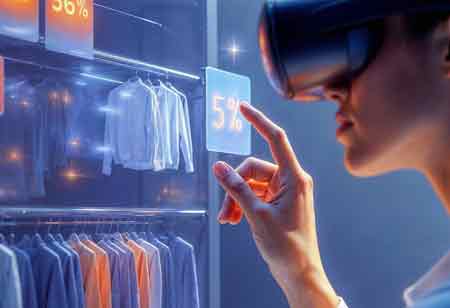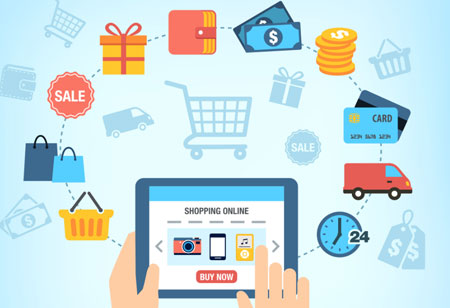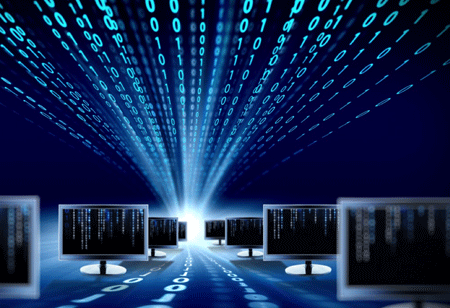THANK YOU FOR SUBSCRIBING
Iot For Smartcities: Everything You Need To Know
Smart cities collect and analyze data using IoT devices such as connected sensors, lights, and meters. Cities then use this information to improve public utilities, infrastructure, and services, among other things.

By
Apac CIOOutlook | Thursday, April 21, 2022
Stay ahead of the industry with exclusive feature stories on the top companies, expert insights and the latest news delivered straight to your inbox. Subscribe today.
Smart grids, which help tremendously with resource conservation, are arguably the best implementation of smart architecture and infrastructure.
Fremont, CA: Smart cities collect and analyze data using IoT devices such as connected sensors, lights, and meters. Cities then use this information to improve public utilities business, infrastructure, and services, among other things.
We have outlined how smart cities provide a more efficient and high-quality lifestyle for their residents, as well as the methods they use to achieve these goals, in the sections below.
Smart Transportation
Connected vehicles have risen to the forefront of public transportation, and the efforts have already begun to bear fruit. According to a recent study, by 2035, connected cars in the US will account for 97 percent of all registered vehicles.
Voice search and location data capabilities are appealing to drivers, and as smart applications evolve and grow, so will the adoption of smart transit.
Smart Grids
Smart grids, which help tremendously with resource conservation, are arguably the best implementation of smart architecture and infrastructure. For instance, Amsterdam has been experimenting with providing home energy storage units as well as solar panels to households connected to the city's smart grid.
These batteries reduce peak-hour grid stress by allowing residents to store energy during off-peak hours. The solar panels also allow residents to sell excess energy generated by the panels back to the grid.
Smart Utility Meters
The smart meter is a popular IoT device among utility companies. These devices are attached to buildings and connect to a smart energy grid, allowing utility companies to better manage energy flow.
Smart meters also enable users to monitor their energy consumption, which has a significant financial impact. According to Insider Intelligence, smart meter adoption and implementation will save utilities $157 billion by 2035.





